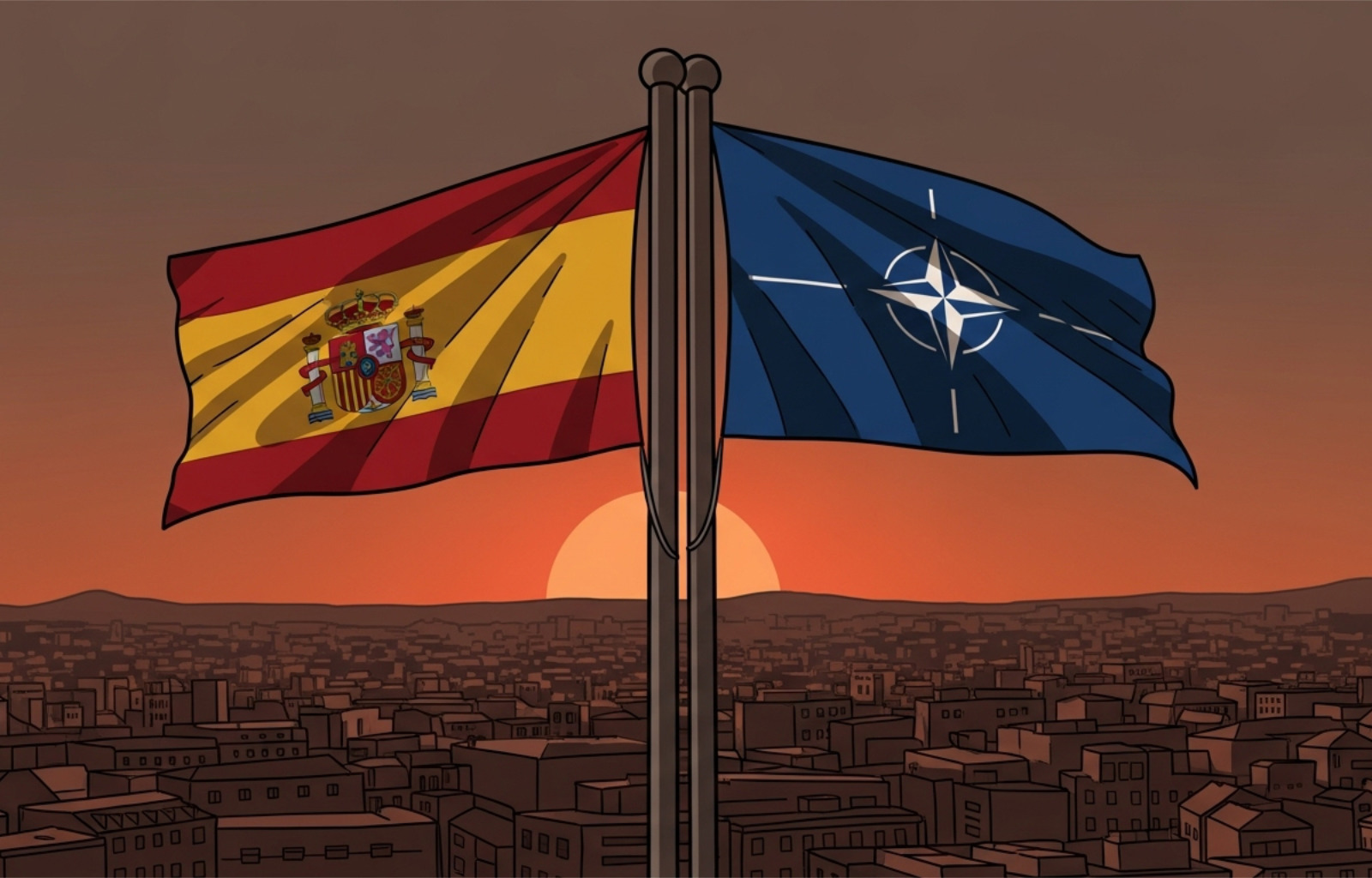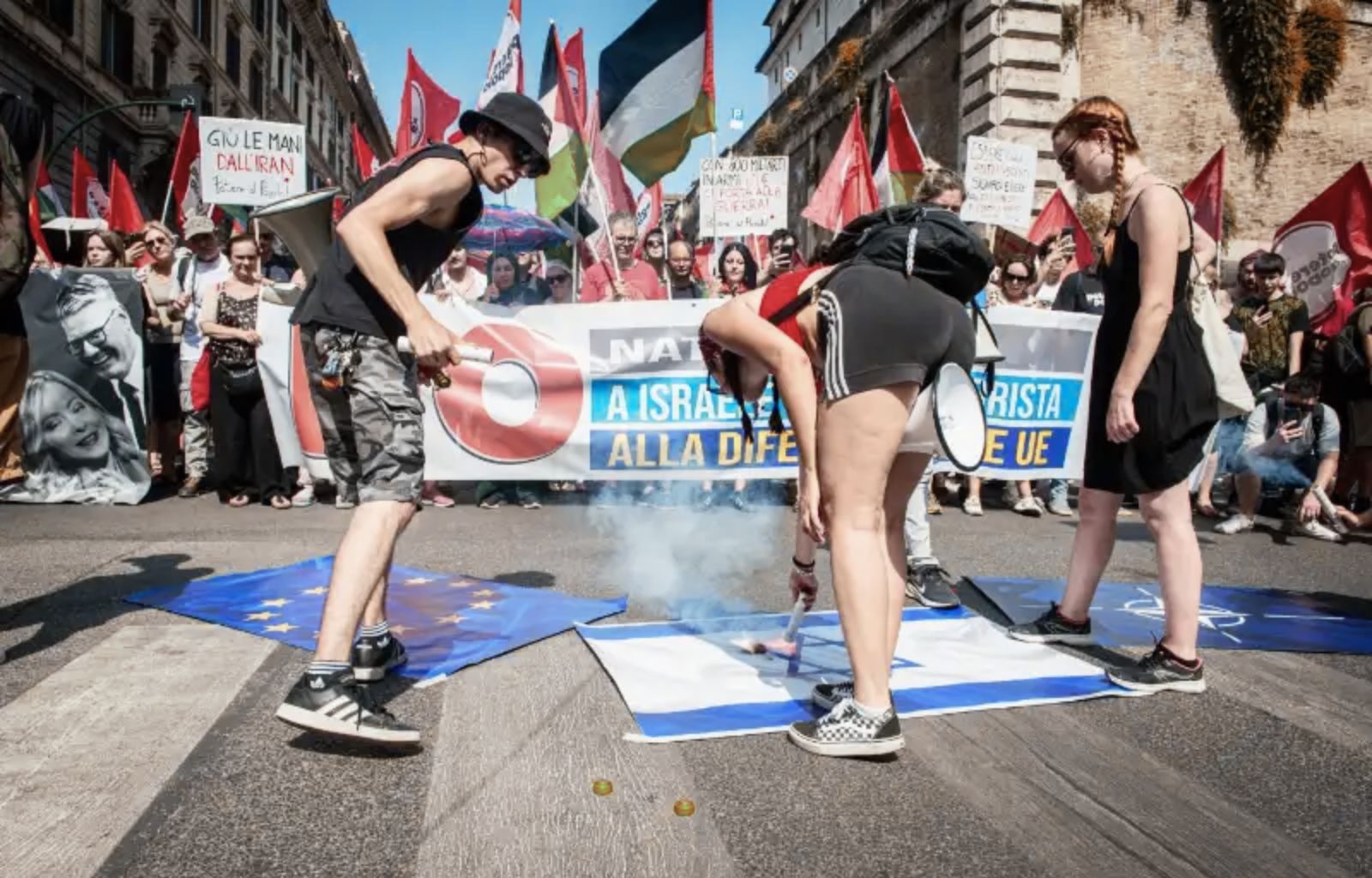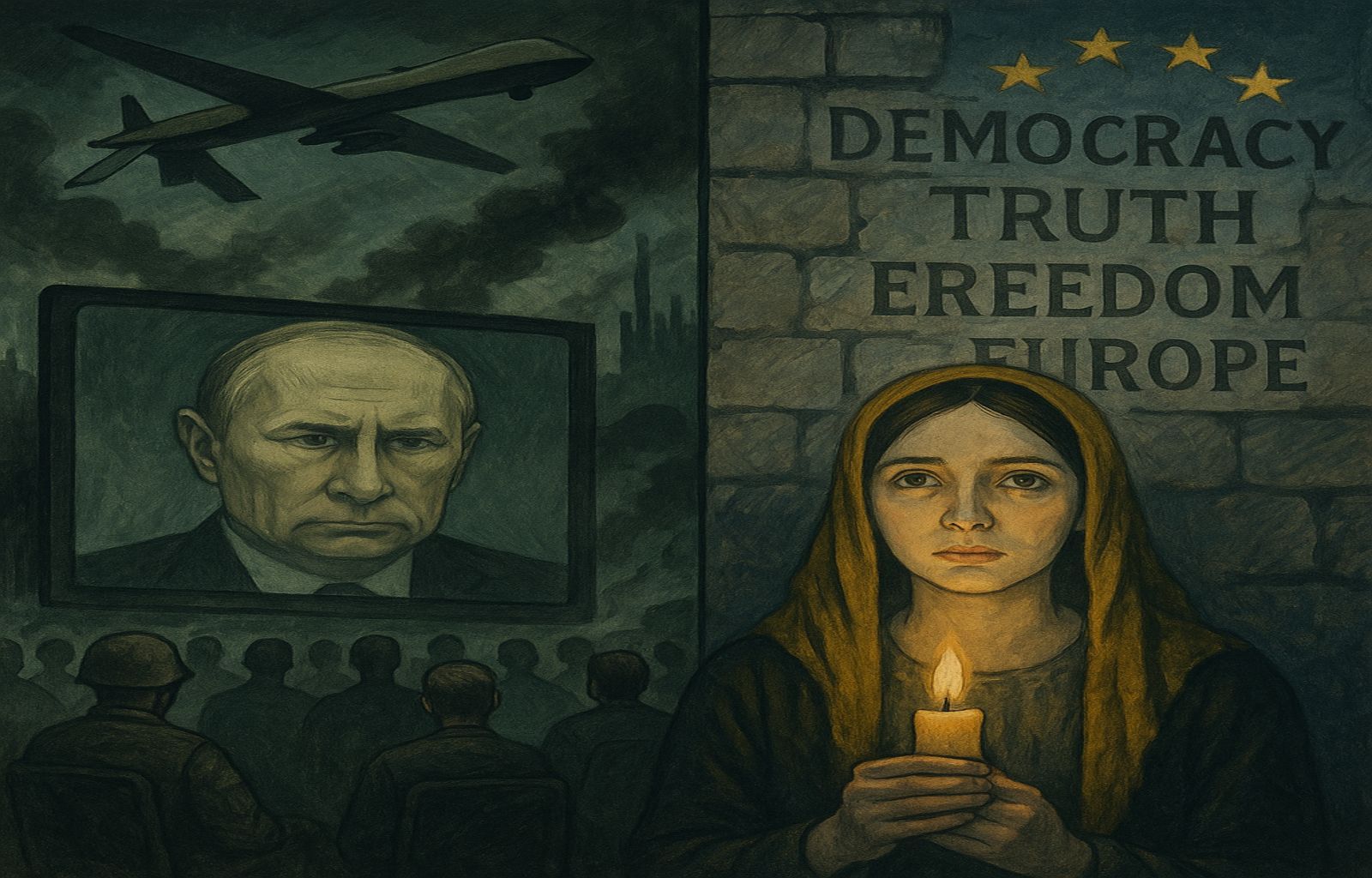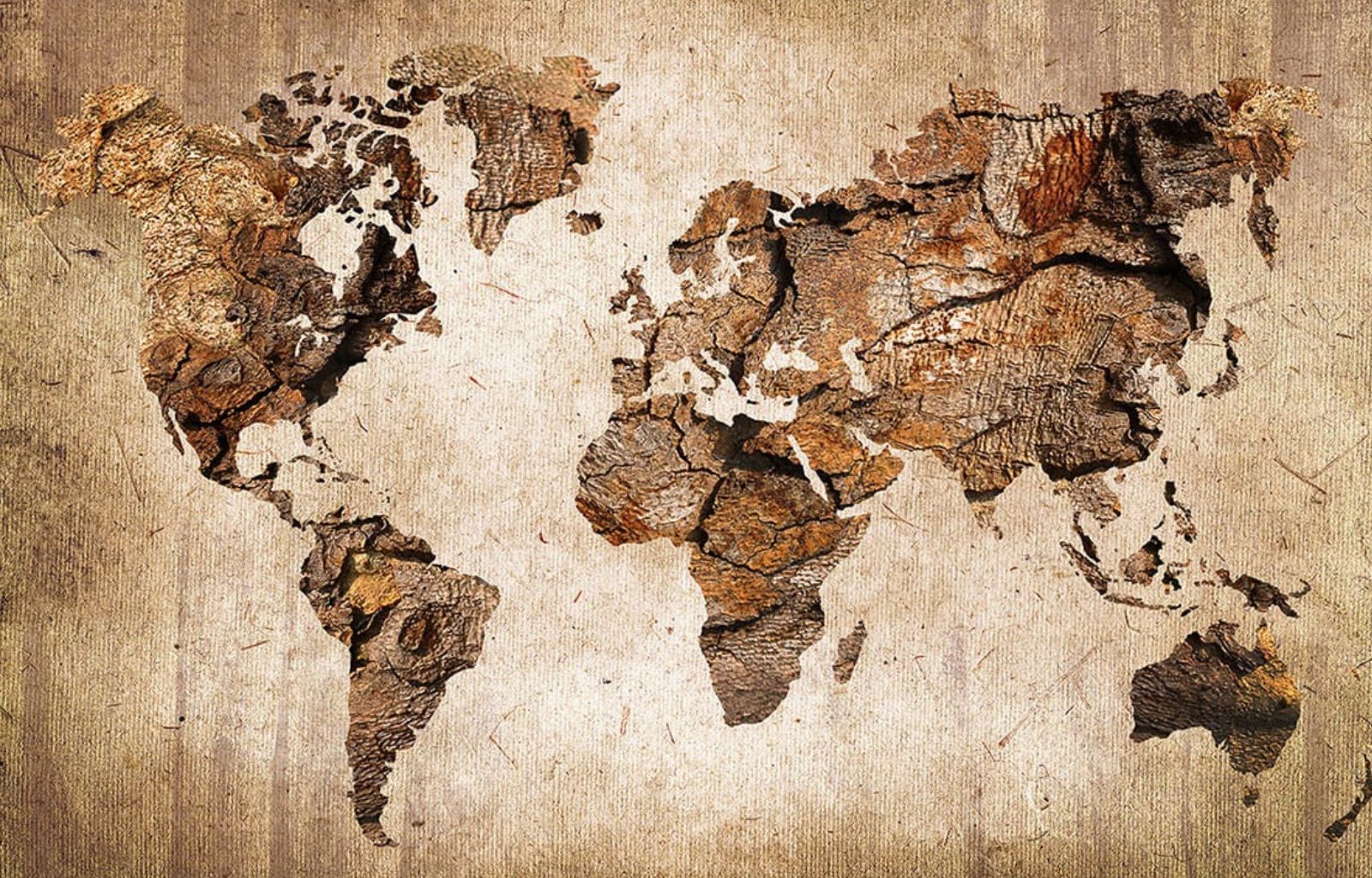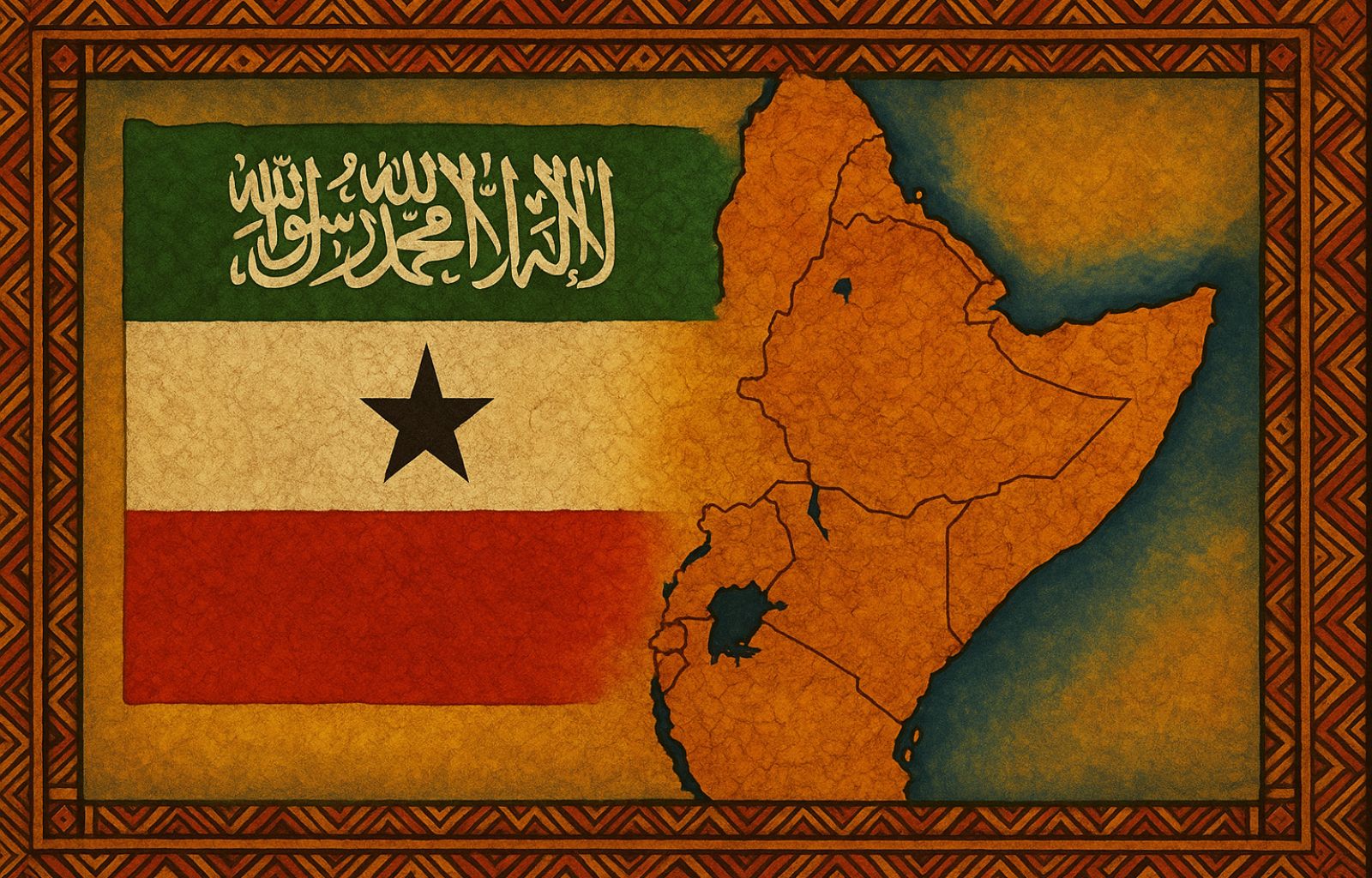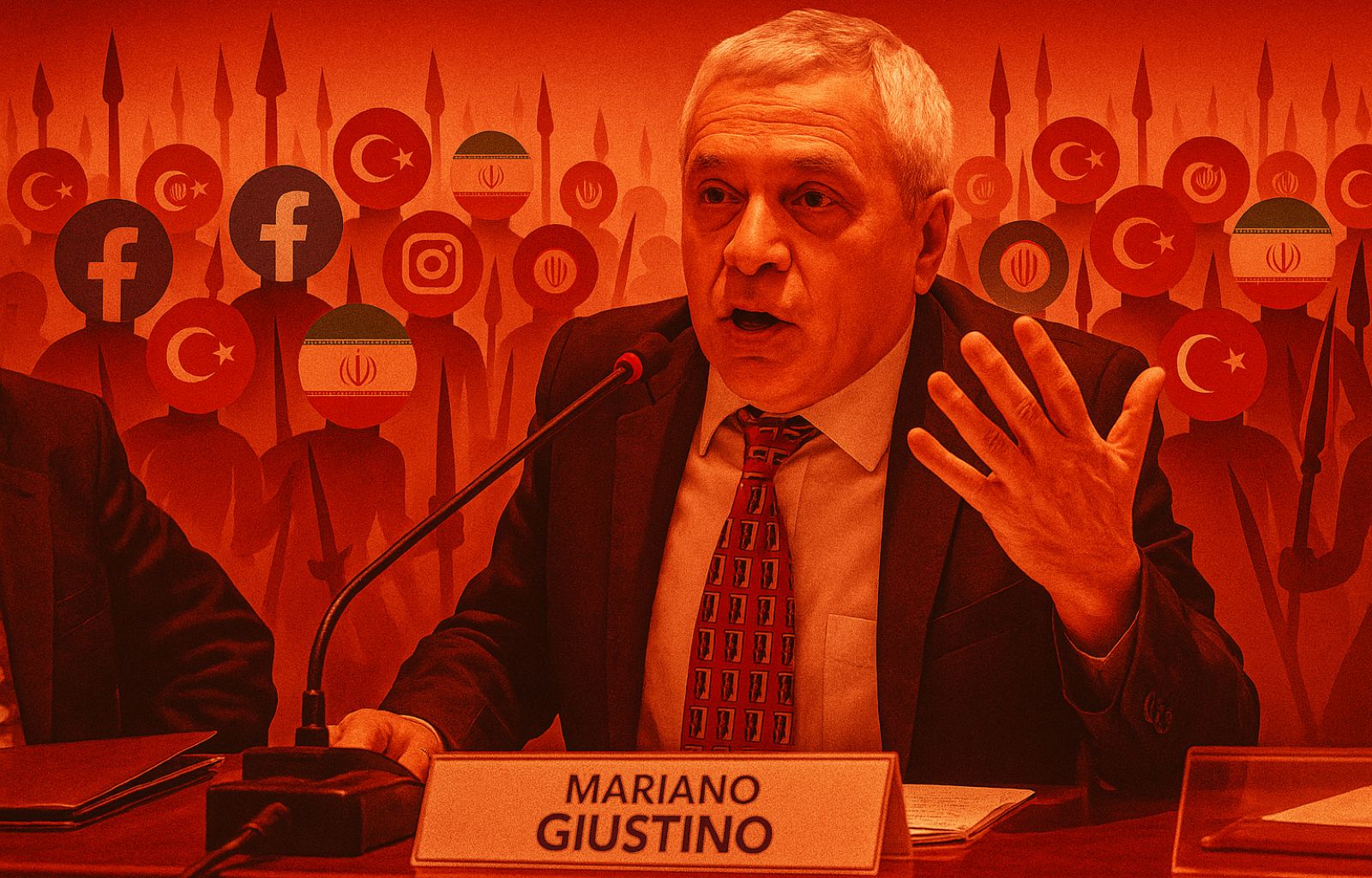How Italy and Mongolia trampled international law (but Italy with dishonour)

That these are times in which brute force has returned to regulate relations between states, and in which international law is no longer respected even in words, is there for all to see.
Perhaps the most eloquent symptom of this was the double whammy inflicted on the International Criminal Court in the space of a few months. Many suspected that the latter’s arrest warrants were considered ‘self-service’, i.e. executable or ignorable according to convenience. But in recent months two countries have given us concrete confirmation of this: the first was Mongolia, and the second, unfortunately, was Italy.
There is, however, a not inconsiderable difference in dignity and style between how the Mongols buried international law and how the Italians buried it. And, unfortunately, those who come out best are the Mongols.
The Putin case in Mongolia: a surrender without equivocation
In early September 2024, Russian dictator Vladimir Putin asked to come on an official visit to Mongolia. An arrest warrant from the International Criminal Court hangs over him for a crime for which there is unequivocal visual evidence: the abduction in the occupied territories in Ukraine of 20,000 children and teenagers, who were deported to Russia, were convinced that their parents were dead, were reprogrammed to speak Russian and to despise their country of origin, and are now being forcibly given up for adoption to Russian couples. Among so many war crimes committed by the Russians against the Ukrainians (such as the destruction of hospitals and dams, the execution of prisoners, or the massacre of civilians in the suburbs of Kiev), the abduction of the children is the one for which it was easiest to trace the personal responsibility of Putin, who had ordered it from his children’s minister in an official act and in front of the cameras.
Therefore, the Mongolian authorities were duty-bound to arrest him.
But Mongolia is a country squeezed between Russia and China, landlocked, and therefore forced to get its energy supply through oil and gas pipelines controlled by Putin and Xi. Thus the Mongolian government spokesman, with some embarrassment but also with great clarity, told the foreign press: ‘Mongolia imports 95% of its oil and 20% of its electricity from its neighbours, resources that we have recently been deprived of for technical reasons. Those supplies are critical to ensure the very existence of our people’. And Putin was not arrested.
True, it was an act of submission. True, it was an admission that international law is just waste paper. But the Mongols, at least, made this choice in a context of objective weakness. And, above all, they made this choice taking full responsibility for it.
A few months later, on 18 January 2025, the court issued another arrest warrant, this time for the Libyan Osama Almasri al-Najim.
This man’s official position is head of the judicial police of the government in Tripoli (which, as is well known, is only one of the two governments fighting over the country, the one supported by the UN, Turkey and Italy). Under the pretext of detaining and interrogating members of terrorist groups, Almasri has turned the prisons he is in charge of into veritable lagers where daily torture takes place.

Italy and the don Abbondio method: loopholes and lack of responsibility
It goes without saying that thousands of people who have little to do with terrorism, in particular migrants from sub-Saharan Africa who would like to embark for Europe, also end up imprisoned there: the aim, in many cases, would be to extort sums of money from migrants in exchange for stopping torture and releasing them to attempt the crossing. If these allegations were confirmed, Almasri would be a party to human trafficking across the Mediterranean. And would, therefore, be a perpetrator of crimes against humanity.
Almasri used to travel freely around Italy, which he considered, not wrongly, an ally of his government. But, under the international arrest warrant that had just been issued, the Turin police arrested him on 19 January while he was on his way to the stadium to watch Juventus-Milan.
Now, an arrest for crimes against humanity must take place in a different way than a common arrest for burglary. The Ministry of Justice of the country where the criminal is located has to validate it. But when the Turin public prosecutor’s office contacted via Arenula, it received no answer from Minister Nordio for more than a whole day.
The following day, then, the minister would simply let it be known that it was a ‘complex piece of paper‘(translated: ‘a problematic arrest to be validated’) and that he was therefore ‘evaluating the formal transmission of the C.P.I.’s request to the Rome Prosecutor General’s Office in accordance with Article 4 of Law 237 of 2012′(translated: ‘he was evaluating whether to validate it or not’).
After noting that the minister had not decided anything for two days, the Turin public prosecutor’s office was forced to release Almasri, recognising the ‘irregularity of the arrest’, i.e. the fact that it had taken place without the minister’s pronouncement. To the damage was then added the mockery: since he was a public official of the government of a sovereign state, Italy had to repatriate him on a state flight.
So Italy, just like Mongolia, has affirmed in the eyes of the world that international law is waste paper. But the poor Mongolians have done so frankly, asking for forgiveness and trying to explain that they were up against something too big: a criminal armed with 5,000 atomic warheads and master of much of the oil they consume.
Instead, the Italians took refuge in equivocation and legal quibbling: they pretended not to choose, allowing time to pass and eventually noting the ‘irritability’ of Almasri’s arrest, as if it had been a fatality for which no one was to blame.
The classic shortcut for not taking responsibility. The classic balancing act that allows one to take sides while continuing to pretend to be neutral, to please one while continuing not to antagonise the others: in short, the Don Abbondio method.
With an aggravating circumstance, however: if the good guys made it clear to don Abbondio that he risked nothing less than his skin, Italy certainly has nothing to fear from its own annihilation if it displeases the government in Tripoli. The worst that could happen is that Libya is reduced to a battlefield between Russia and Turkey, ousting Italy (which, let’s face it, would be very unfortunate), but above all that the gates of Libyan prisons open and tens of thousands of Africans attempt the journey to our shores.
Almasri, in short, holds the bunch of keys on which Giorgia Meloni’s domestic consensus on reducing illegal landings depends. It is in return, in all likelihood, that our country has humiliated the International Criminal Court and debased the rule of law. Without, moreover, claiming to have done so. Without having the courage to explain why it did it. Attempting as usual to hide behind bureaucracy and blame an unfortunate mishap, a terrible misunderstanding, “an earthquake, a terrible flood, locusts, it wasn’t my fault, I swear to God!” (cit).
A double disgrace that will certainly be remembered among the unflattering results of the Meloni government. All the more so when it involves one of its most reliable members, appreciated even outside the right-wing perimeter, often mentioned as a possible successor to Mattarella: Carlo Nordio.


